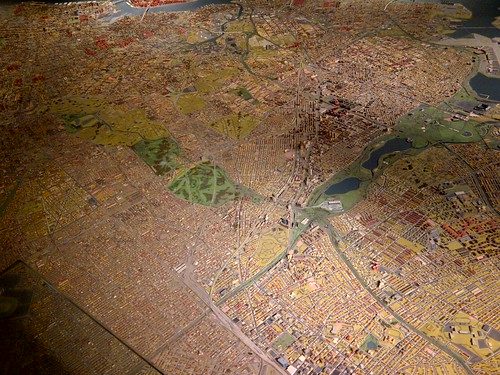I had been looking forward to seeing Once Were Brothers: Robbie Robertson and The Band in the theaters – I had seen The Last Waltz at the Ziegfeld Theater and I wanted the experience to be similar. Especially looking at Robbie Robertson and Rick Danko from 1978. But current circumstances were preventing that from happening. Then meli said that her local theater was playing it through their virtual cinema (movies theaters all over the country are doing virtual cinema). But she sent me that link and that’s what I used to watch the movie. Once you pay, you have 30 days to see it. And once you start watching, you have 72 hours to finish the movie.
The movie did not disappoint. As the title suggests, this is Robbie’s story and his point of view. If you want Levon’s side of things, read his biography. Much of the film comes from Robbie’s book Testimony: A Memoir but, of course, it cannot go into as much detail as the book does. The film glosses over his early years and concentrates on when Levon Helm, Rick Danko, Garth Hudson, Richard Manuel, and Robbie Robertson first started playing together in Toronto as The Hawks backing rockabilly singer Ronnie Hawkins and then left Hawkins to perform as Levon and the Hawks for a while. The mostly Canadian band (Levon was from Arkansas) eventually hooked up with Bob Dylan and backed him up during his controversial “electric” tour. They all ended up in Woodstock at the Pink House, lived together, and wrote and played all day. Since they were always referred to as The Band by the people in town, that became their name.
Some incredible music came out of that time. They recorded two albums of what now would be called Americana or American roots music and are classics. I remember the first time I heard songs from Music from Big Pink (1968) and The Band (1969) and I thought they had recorded folk songs that people in Appalachia and the South had been singing for years. I could not believe this was all original music. What they did changed the way a lot of musicians looked at what they themselves were doing and many of them changed their styles.
The Band was the perfect synergy of musicians. Several of them were multi-instrumentalists (Garth, Richard, Rick). Three of them wrote songs (Richard, Robbie, Rick) and three of them sang (Richard, Levon, Rick). Dylan did co-write some songs because it all began with improvisations of some of Dylan’s material, which were eventually released as The Basement Tapes.
It did not last long. Drugs and alcohol kept some of the band members away from the music. And finally, they all had it with each other and were not having any fun and they went out with The Last Waltz.
Years later – around 1996/7, I saw the Robbie-less version of The Band that had reunited in 1983 and was touring (also without Richard Manuel, who had committed suicide in 1986). We all sang the songs with them and I was so thrilled to be in their presence, even if it was not the original line-up.
The movie is a wonderful capsule of that time. Robbie puts himself in a better light than the others – I remember reading about his drug problems also, though what I read was about the period after The Band broke up. His ex-wife is prominent and I kept thinking that I knew he was divorced and when I looked it up afterwards, I saw that he was. But you would never know it from the way she is interviewed. None of that ruined the film for me. It is the story of a time, a place, and a group of men in that time and place and what they did together was magic.
By Carene Lydia Lopez

